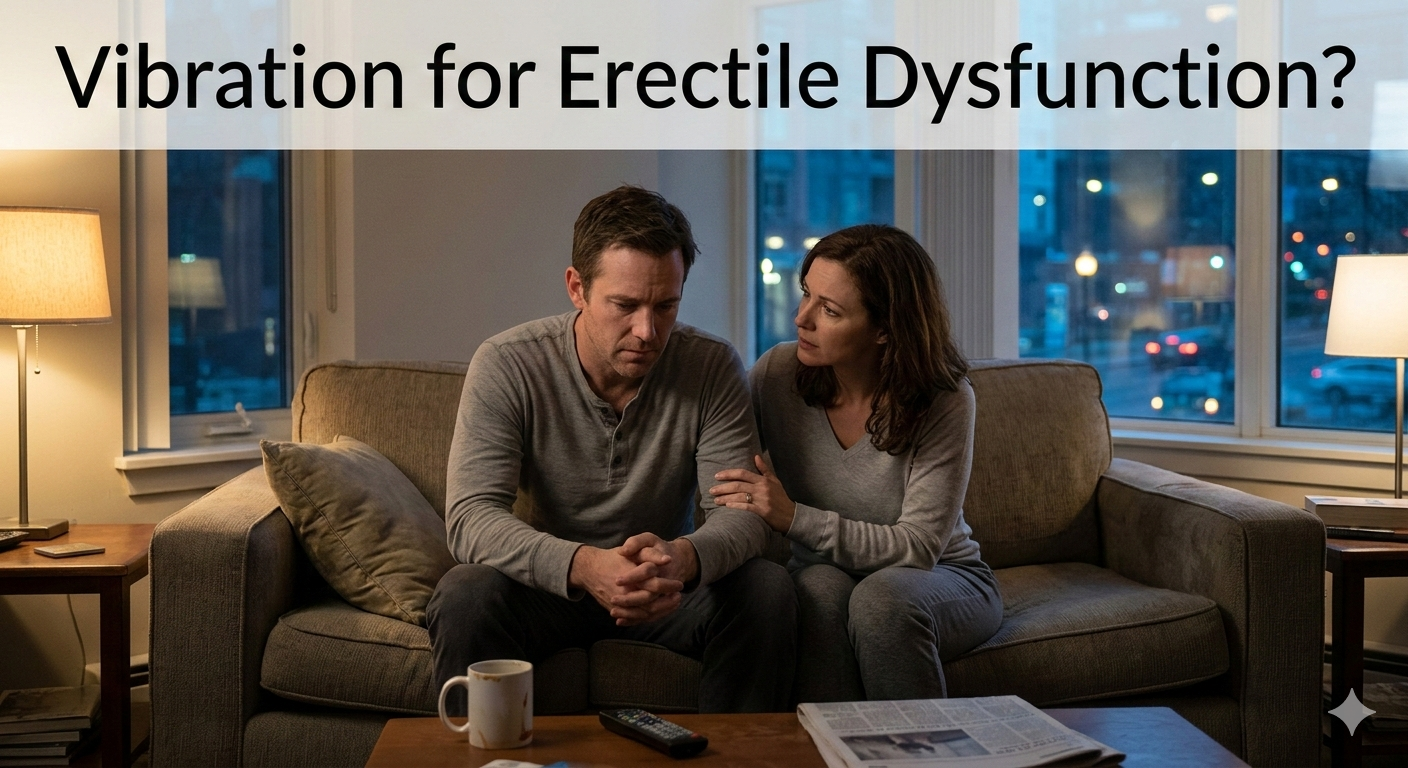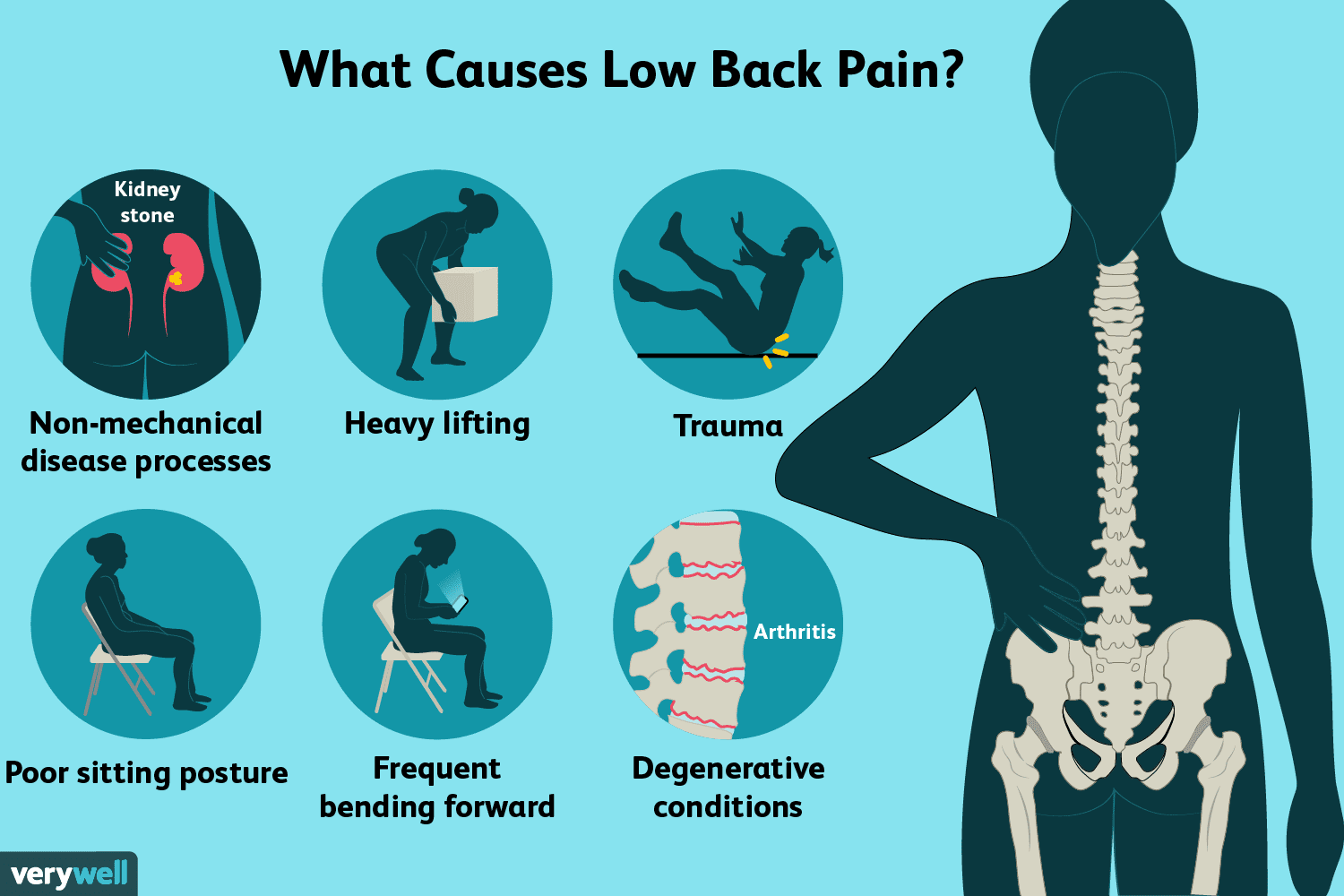Recognizing the Signs: Common Symptoms of Depression
Depression is a common mental health disorder that affects millions of people worldwide. It can have a significant impact on a person’s quality of life, relationships, and overall well-being. Recognizing the signs and symptoms of depression is important for early intervention and treatment. In this article, we will explore the common symptoms of depression and how to recognize them.
Common Signs and Symptoms
Depression can manifest in a variety of ways, and the symptoms can vary from person to person. However, there are some common signs to look out for:
- Persistent sadness: Feeling down, hopeless, or empty for extended periods of time.
- Lack of interest: Losing interest in activities that were once enjoyable, including hobbies, socializing, and work.
- Changes in appetite or weight: Significant weight loss or gain, as well as changes in appetite, can be a sign of depression.
- Sleep disturbances: Insomnia or excessive sleeping can be a symptom of depression.
- Fatigue or low energy: Feeling tired and lacking energy, even after a full night’s sleep.
- Feelings of guilt or worthlessness: Persistent feelings of guilt, shame, or worthlessness.
- Difficulty concentrating: Trouble focusing on tasks, making decisions, or remembering things.
- Physical symptoms: Aches, pains, headaches, and digestive problems that do not have a clear medical cause.
- Thoughts of death or suicide: Persistent thoughts of death, dying, or suicide, as well as suicide attempts.
Recognizing the Signs
It is important to recognize the signs of depression in yourself or in others. If you or someone you know is experiencing several of the symptoms mentioned above, it may be a sign of depression. It is essential to seek help from a mental health professional for an accurate diagnosis and to discuss treatment options.
Depression can be a challenging and complex disorder, and it is not something that can simply be “snapped out of.” It is a real illness that requires proper treatment and support. Recognizing the signs and seeking help is the first step towards managing and overcoming depression.
Conclusion
Recognizing the signs and symptoms of depression is crucial for early intervention and treatment. It is important to be aware of the common signs of depression and to seek help from a mental health professional if you or someone you know is experiencing these symptoms. With the right support and treatment, it is possible to manage and overcome depression and improve overall well-being.
FAQs
Q: Can depression go away on its own?
A: Depression is a serious and complex mental health disorder that typically requires professional treatment. While some people may experience temporary relief from symptoms, it is important to seek help from a mental health professional for proper diagnosis and treatment.
Q: What are the treatment options for depression?
A: Treatment for depression may include therapy, medication, lifestyle changes, and support from loved ones. It is important to work with a mental health professional to create a treatment plan that is tailored to your individual needs.
Q: How can I support a loved one with depression?
A: Supporting a loved one with depression involves offering understanding, encouragement, and assistance in seeking professional help. It is important to listen without judgment and to provide ongoing support and understanding.
Overall, recognizing the signs and symptoms of depression is the first step towards seeking help and finding relief. It is important to reach out to a mental health professional for guidance and support in managing and overcoming depression.










